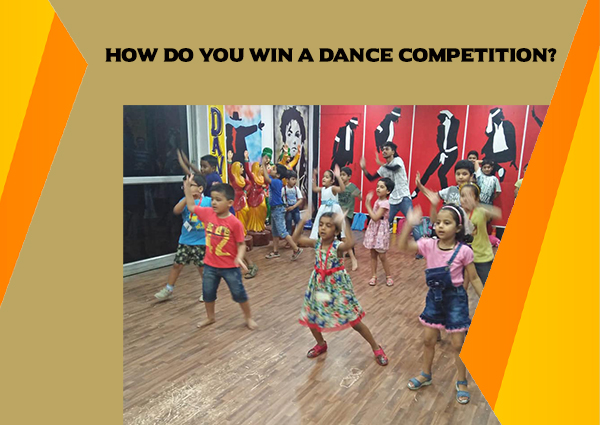How Do You Win A Dance Competition
In the following, we will be discussing a very important topic that’s “How do you win a dance competition?” and will discuss it thoroughly within the article. A lot of dance studios have finished up their competition season; lots have competitions coming up shortly. For those individuals who are finished with competition season: did you win? For those individuals headed to competition, are you hoping to win?
But like, did you win? Are you content with the results of the competition? Here’s a take on how to win a dance competition.
The dancers are the priority
1. Everything Else
All owners of the dance studio, competition teachers as well as dance parents want the best for their dancers. At the competition, that means that dancers (hopefully) walk into the competition with confidence, with beautiful costumes, with composure, and with enthusiasm to leave it all on the dance floor and represent their team well.
Walking out of competition, hopefully, those same dancers have worked through the inevitable issues that surprise you at a competition, they’ve become more mature through great wins or tough losses, and they’ve kept a strong sense of self knowing that they’re doing what they love. If you as a competition team have accomplished that, you’ve won, right?
2. The Preparation
We need to teach dancers that preparation before a big event is vital. Not just so that their performance at the competition is top-notch, but so they recognize that great results require you to put in the work beforehand.
That work doesn’t necessarily mean just practice time. Particularly for older dancers, involving them in putting together a dance competition survival kit as well as other competition materials will help them to be more responsible and at the same time invested in their own preparation.
3. The Performance Experience
It’s important for dancers to see others compete, and to be able to recognize other great talents on the stage regardless of who ends up with what trophies. That’s not to say that teams should be watching every other dance, especially before they perform- the priority should be focusing and preparing for your own dance.
And part of that focus needs to be an understanding that you are going out onto the stage to be judged for your art. Though the context might be competition, the dance team on stage is leaving it all on the dance floor, expressing themselves in a medium that is meaningful and powerful for them.
So yes, you want great scores and great feedback from judges, but remember that judging at a competition is done by humans, and there will always be some subjective room for error. Regardless of the judges’ scores, the goal for dancers needs to be taking scores with a grain of salt, comparing the scores with how they felt on stage, and remembering these two very important questions: For this dance classes in rohini are doing their work so well.
“Did you have fun? Was your performance a work of art?”
It’s not just about going through the motions and hoping for a good score- life doesn’t work that way, and we should hope that the lessons dancers learn on stage translate to the rest of their lives in a meaningful way.
4. After The Competition
Once you’re returning home from the competition, back in the studio and gearing up for spring recitals, how is your team feeling? Dancers may feel a lot of different ways: tired, determined, excited. It simply depends on how their competition experience went.
For those teams who got great scores, great feedback, and are coming back buzzing with excitement: that’s amazing! Ride that wave of enthusiasm all the way through recital season. For those teams who didn’t get the results they were expecting or had some tougher-than-usual trouble at a competition, never fear: there are plenty more opportunities to dance and improve on your technique for next time.
Regardless of your competition experience, ensure your dancers know that their efforts made a difference to you and that you liked watching them dance! It means a lot to a dancer to know that their hard work paid off, and will help them work that much harder to put on their best recital performance yet.


